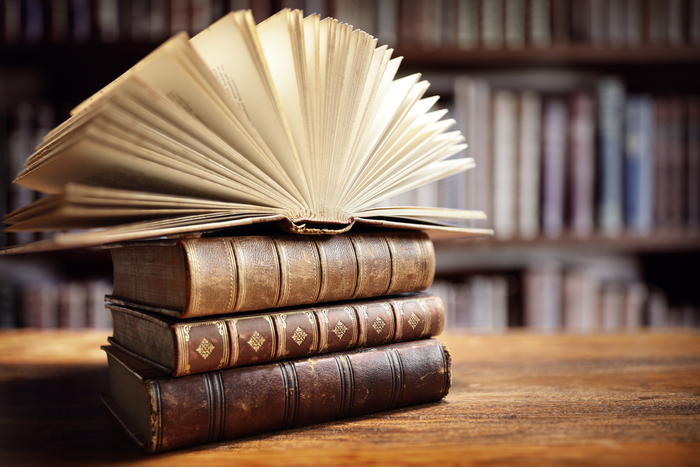At the turn of the 19th-20th century, Austrian literature was at the peak of its creative power: the stormy cultural life in Vienna gave rise to a new artistic direction – “Viennese modernity”. While Gustav Klimt was painting his famous painting The Kiss, Robert Musil was working on his novel The Man Without Qualities in nearby Viennese coffee houses over a cup of double espresso, and Gustav Meyrink was working on the famous Golem.
Coffee houses replaced writers’ offices. The most famous of them all, the most famous of them, gathered the entire literary color of Vienna – Arthur Schnitzler, Karl Kraus, Elias Canetti, Leo Perutz, and many others.

Not like the Germans
After the annexation of Austria by the Third Reich in 1938, many writers left the country. Among them was Elias Canetti, who went to London. In 1981, though already a British citizen, he was awarded the Nobel Prize in Literature. In its justification, the jury of the committee emphasized: “His homeland is the German language,” to which Canetti objected that, as a writer, he nevertheless “stands on the soil of the Austrian cultural space.”
The special status of Austrian literature was also noted by the writer Ingeborg Bachmann, who believed that such poets as Franz Grillparzer, Hugo von Hofmannsthal, and Rainer Maria Rilke, and the writer Robert Musil could never have been German.
Post-war formation
Love and hatred for their homeland flourished among Austrian writers in the 60s and 70s, when Austrian literature was first talked about as a full-fledged autonomous phenomenon. After the post-war lull, new voices sounded – Ingeborg Bachmann, Thomas Bernhard, and Peter Handke (Peter Handke), and the exposing of the past of Austria during the years of the Third Reich and sharp social and political criticism became a popular literary topic.
The laurels of the main rebel went to Thomas Bernhard: the theatrical production of his play “Heroes’ Square” on the occasion of the 50th anniversary of the annexation of Austria caused an unprecedented scandal in the history of quiet Austria – a play in which the writer accuses the Austrians of fascism, the authorities tried to ban and censor, and a wave of protests swept through Vienna.
